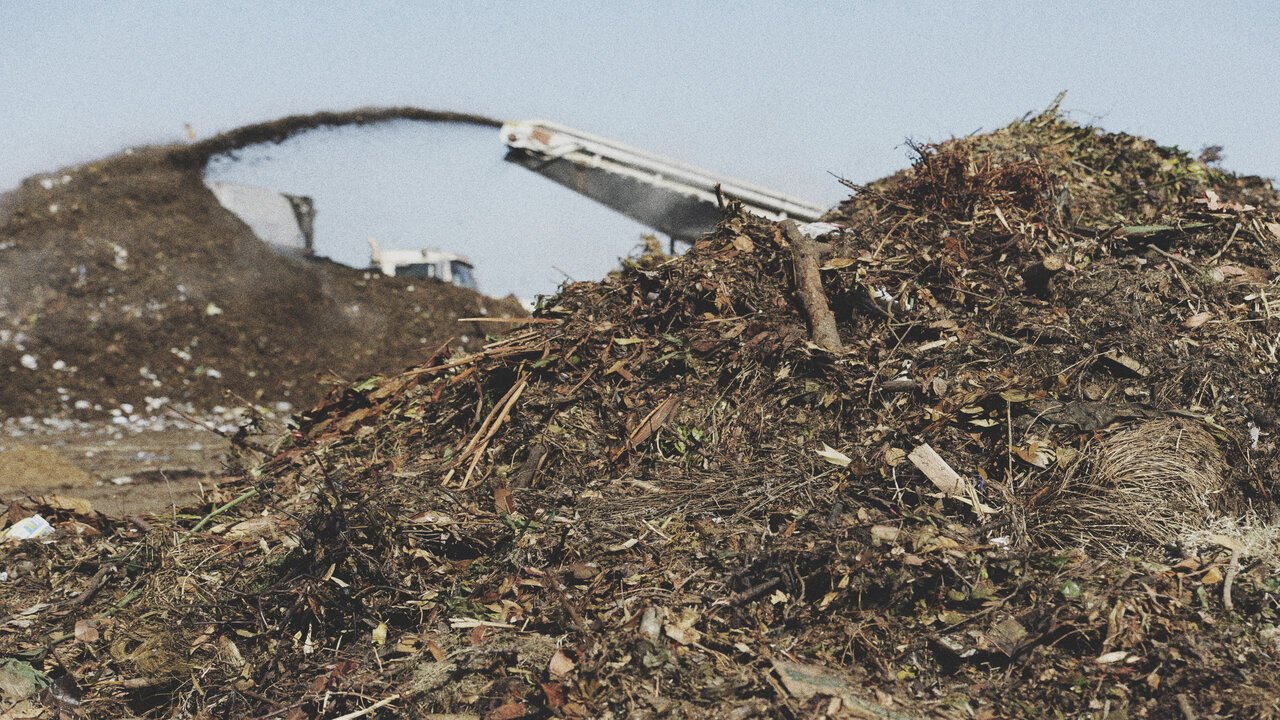Supercritical’s new report, "Boom or Bust? 2024 Biochar Market Outlook", finds biochar is carving a path to gigatonne scale but the flood of low-quality projects reiterates the need for more transparency from suppliers and ongoing due diligence by buyers.
Today, Supercritical, the carbon removal marketplace, released a report titled “Boom or Bust? 2024 Biochar Market Outlook.”
Leveraging its biochar marketplace data, which covers 90 per cent of the market, the report shows that biochar is rapidly emerging as the most accessible permanent carbon removal method.
However, 88 per cent of the new 12.5Mt biochar capacity is low-quality, failing Supercritical’s stringent vetting protocol and threatening the global carbon removal (CDR) market.
Biochar is a charcoal-like material that acts as a natural soil improvement aid in agriculture. It’s created in a carbon-negative process that reduces CO2 levels in the atmosphere by heating biomass feedstock that contains temporarily stored carbon. Biochar is poised to become the first gigatonne CDR method.
"The influx of low-quality biochar is alarming," said Michelle You, CEO of Supercritical.
“We can’t allow biochar to have the same reputational damage that has ravaged the avoidance market and REDD+ credits: initial signs of demand that led to rapid development of low-quality projects, creating a flood of subpar credits with little climate impact."
She raises the issue of reputational risk and the lack of a consistent quality on the market which makes it extremely difficult for buyers to act.
“It’s why the biochar projects we list on our marketplace must pass our stringent vetting protocol across climate science, environmental factors, delivery risk, and social impact.”
Fortunately high-quality projects continue to grow, albeit at a slower rate of only 9x rise in capacity.
High-quality credits average $220 per tonne, 30 per cent higher than the $153/t for credits that have failed Supercritical’s vetting protocol.
Yet, the availability of vetted, high-quality biochar is becoming scarce: 41 per cent of credits from vetted projects for 2024 and 2025 have sold in advance, compared to only 13 per cent for failed projects.
“It’s clear that buyers are rightly worried about the quality and availability of carbon removal credits,” said Toby Darbyshire, COO of Supercritical.
“As the supply of high-quality credits diminishes and scarcity looms, savvy buyers are opting for long-term offtake agreements to secure future supply.”
These arrangements, often made by purchasing in bulk and paying upfront, offer discounts of up to 37 per cent compared to spot prices.
You cities the problem of a lack of transparent market information on pricing and availability, low trust in credits, and simple, secure transactions:
“Buyer demand will only grow if we make it easier and safer to make your first purchase. That is what Supercritical is laser focused on, and this report highlights that it is more critical than ever.”
Lead image: Biochar feedstock via Supercritical.



Would you like to write the first comment?
Login to post comments